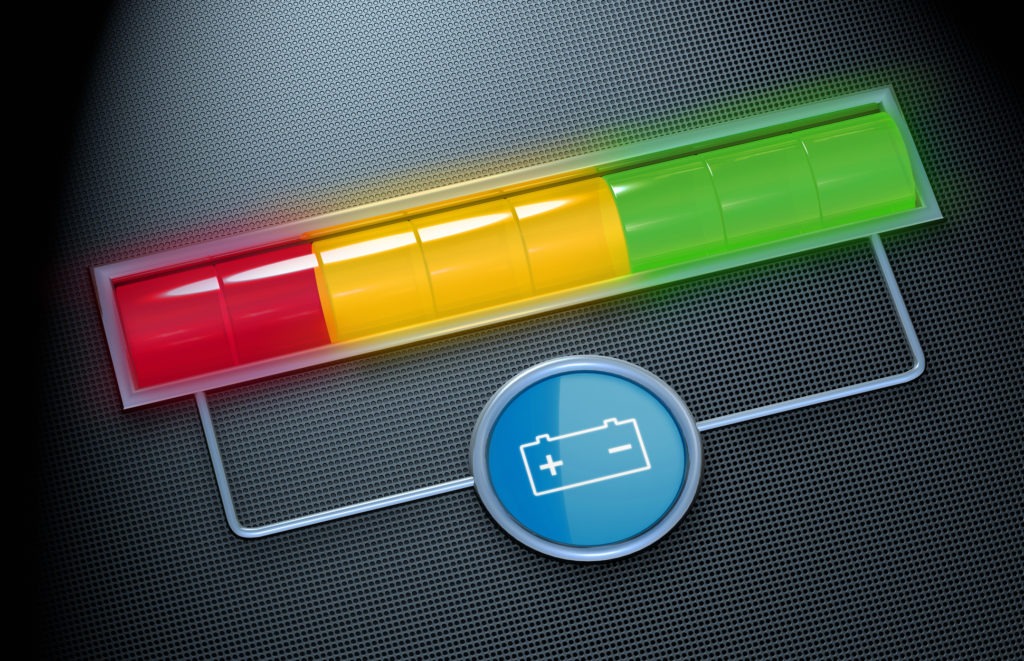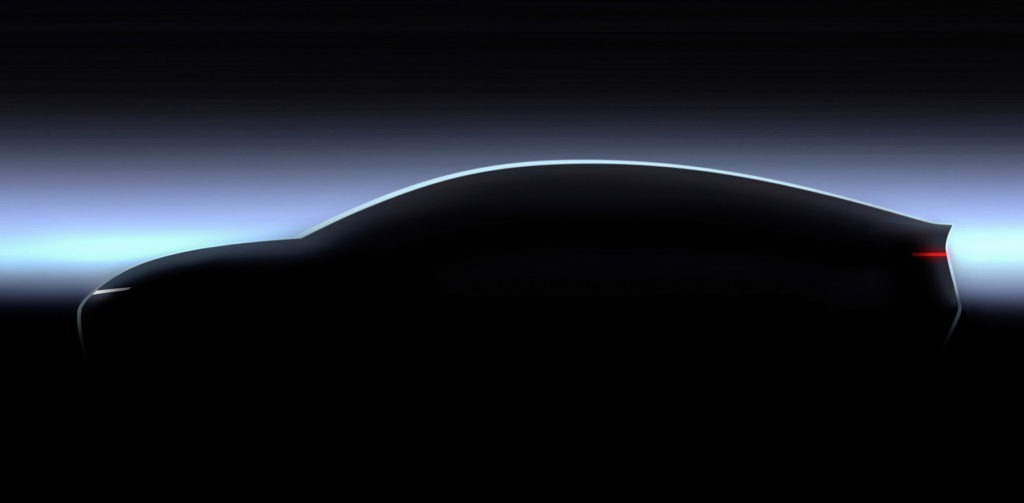Boost German EV-charging infrastructure with €5 billion, demands VDA
16 March 2022

The association of the German Automotive Industry (VDA) has pointed to an insufficient expansion of local charging infrastructure, which it says hinders the ramp-up of electromobility. The number of electric vehicles (EVs) is increasing rapidly in Germany, making the need for an expansive network of charging stations clear. The VDA is therefore demanding greater commitment from the government.
In a position paper, it suggested that €5 billion should flow into public and private charging points by 2025. The VDA urges that infrastructure needs to expand proportionally to keep up with the growing adoption of EVs. This would also help consumer confidence as range anxiety remains one of the key concerns for EV drivers.
The German government plans to have one million charging points in the country by 2030. The Federal Ministry for Digital Affairs and Transport is currently developing a charging-infrastructure master plan, aimed at expanding both public and private charging infrastructure.
Making electromobility a success
‘A comprehensive and efficient charging infrastructure is and remains key to the success of electromobility – this applies to passenger cars as well as commercial vehicles,’ said VDA president Hildegard Müller.
‘The federal government should invite to a charging summit soon and bring all stakeholders together: petrol-station operators, the housing industry, parking-space companies, retailers, charging-point operators, the energy industry, network operators, the Federal Network Agency, the logistics industry, the municipalities and the automotive industry. Together, we have to develop a tangible plan to speed up the expansion and make charging easy and convenient for people.’
The VDA has come up with several measures to aid this effort, including an extension of funding for charging infrastructure in the commercial sector, a rollover of the wall-box programme to support private charging points at home, and establishing a ‘charging summit’ with stakeholders. The VDA also said the focus should be on building reliable charging infrastructure for commercial vehicles.
The German government has set clear targets for medium-duty and heavy-duty trucks by 2030, with electric mileage required to account for more than 30% of these vehicles’ total mileage. But the VDA pointed out that the government’s charging efforts lag behind in the sector. Around 30,000 electric trucks are expected in Europe by 2025, with this figure likely rising to 200,000 by the end of the decade.
That is why the VDA is demanding a ‘nationwide network for trucks’ to develop the infrastructure on long-distance routes with high-performance charging points. It also calls on the government to support electrified commercial vehicles with suitable programmes.
Bi-directional EV charging
Bidirectional charging is often deemed the next big thing, giving EVs the ability to take in and discharge electricity. While the VDA said this kind of charging cannot replace grid expansion, it still makes sense to use it to relieve the grid. Hence the organisation has suggested the introduction of dynamic grid fees to avoid peak loads. This would then also balance renewable energy feed-in peaks through local flexibility.
The VDA added that a legal framework for bidirectional charging should be created by adapting the Energy Industry Act. This is a framework policy designed to enhance competition, supply, and sustainable energy production. It said a clear definition of ‘mobile storage’ needs to be created. Additionally, the efficiency of transmission grids should be increased, allowing mobile storage to ‘even out fluctuations in the balancing energy market by providing system services,’ the VDA recommended.



